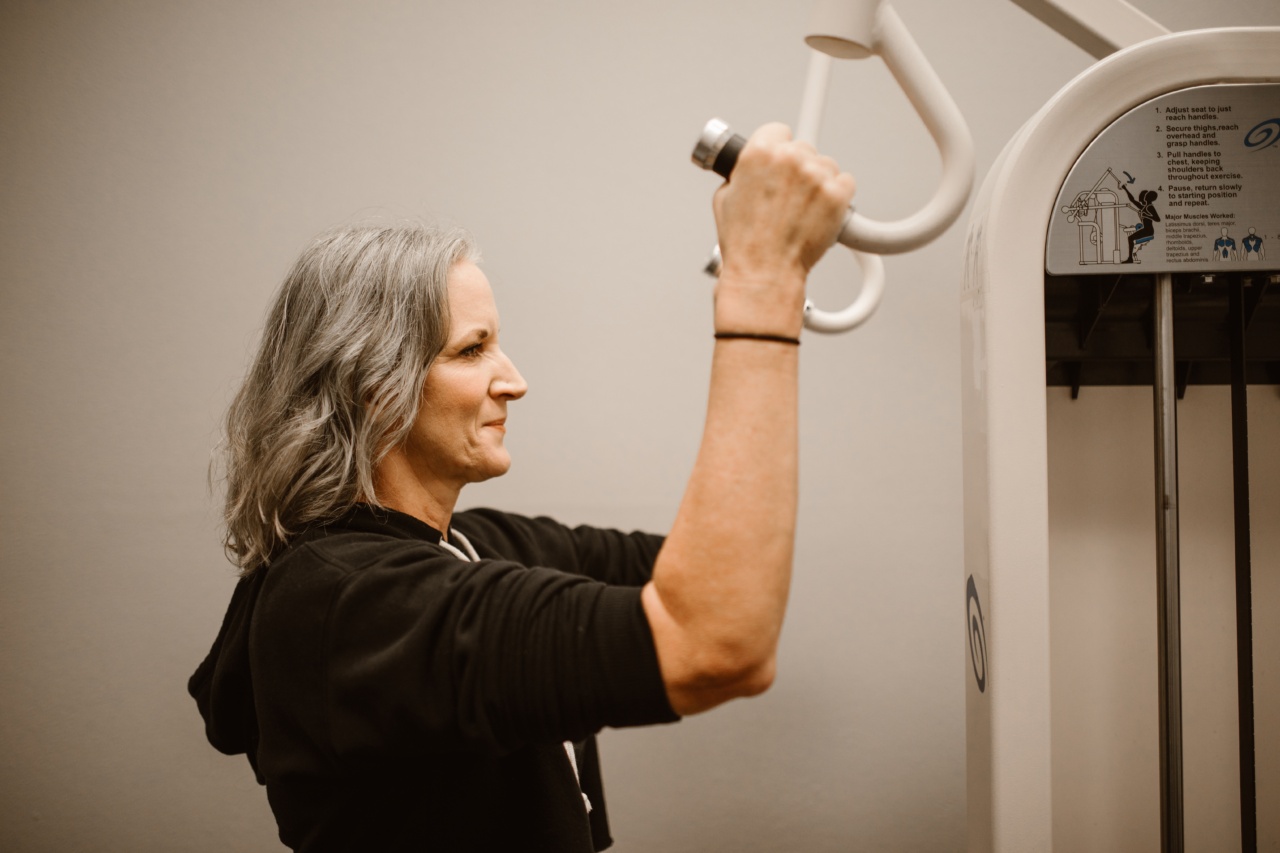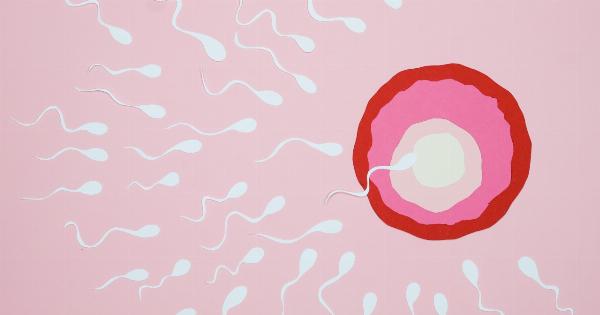For many women over the age of 40, the idea of conceiving a child can seem nearly impossible. Fertility decreases significantly around the age of 35, and by the age of 40, the chance of getting pregnant each month is less than 5%.
While the odds may seem daunting, there are fertility methods that can improve your chances of conceiving a child even if you are over the age of 40.
Fertility Testing
Before diving into fertility treatments, it’s important to understand where you stand in terms of fertility. A fertility specialist can help analyze your hormone levels and ovarian reserve through a series of tests including:.
- Blood tests: These tests analyze hormone levels, specifically follicle-stimulating hormone (FSH), estrogen, and anti-Mullerian hormone (AMH), which can give an idea of the number and quality of eggs remaining
- Ultrasound: This test can examine the uterus and ovaries and identify any abnormal growths or cysts that can interfere with fertility
By analyzing your fertility with these tests, your doctor can determine which fertility treatments will be most effective for you.
Ovarian Reserve Treatments
One of the biggest challenges for women over the age of 40 is a decrease in the number and quality of eggs. Ovarian reserve treatments can help improve the chances of successful conception by increasing the supply of high-quality eggs.
Ovarian Stimulation
Ovarian stimulation is a common fertility treatment that can help increase the number of eggs available for fertilization. It involves a series of hormone injections that stimulate the ovaries to produce multiple eggs.
These eggs are then harvested and fertilized through in vitro fertilization (IVF).
Egg Freezing
Egg freezing, also known as oocyte cryopreservation, involves harvesting and freezing mature eggs for future use.
This can be a great option for women over 40 who might not be ready to have children yet but want to ensure they have high-quality eggs in the future.
Assisted Reproductive Technology (ART)
Assisted Reproductive Technology (ART) is a term that encompasses several fertility treatments, including in vitro fertilization (IVF), intracytoplasmic sperm injection (ICSI), and intrauterine insemination (IUI).
In Vitro Fertilization (IVF)
IVF involves combining the eggs and sperm in a lab dish and allowing fertilization to occur outside of the body. Once fertilized, the embryos are transferred to the uterus to implant and develop.
IVF can be particularly effective for women over 40 as it allows for the selection of the highest quality embryos for transfer.
Intracytoplasmic Sperm Injection (ICSI)
ICSI is a form of IVF that involves injecting a single sperm directly into the egg to maximize fertilization potential. This can be particularly helpful in cases where the sperm count is low or the sperm has difficulty fertilizing the egg on its own.
Intrauterine Insemination (IUI)
IUI involves the placement of sperm directly into the uterus during the ovulation period. This can be an effective treatment for women over 40 who are still producing viable eggs but require assistance with sperm delivery.
Conclusion
Fertility treatments can offer hope and opportunity for women over the age of 40 who wish to conceive a child.
By understanding your fertility levels, exploring ovarian reserve treatments, and utilizing assisted reproductive technology, you can increase the chances of successful conception. With the right fertility specialist, support, and technology, the dream of a healthy pregnancy and baby can become a reality.






























